If you're looking for a way to add more nutrition to your diet, raw sprouts are a great option. Sprouts are packed with vitamins, minerals, fiber, and protein, making them a healthy addition to any meal. However, not all sprouts are created equal. In this article, we'll explore the best sprouts to eat raw, their health and nutritional benefits, as well as the risks of eating raw sprouts.
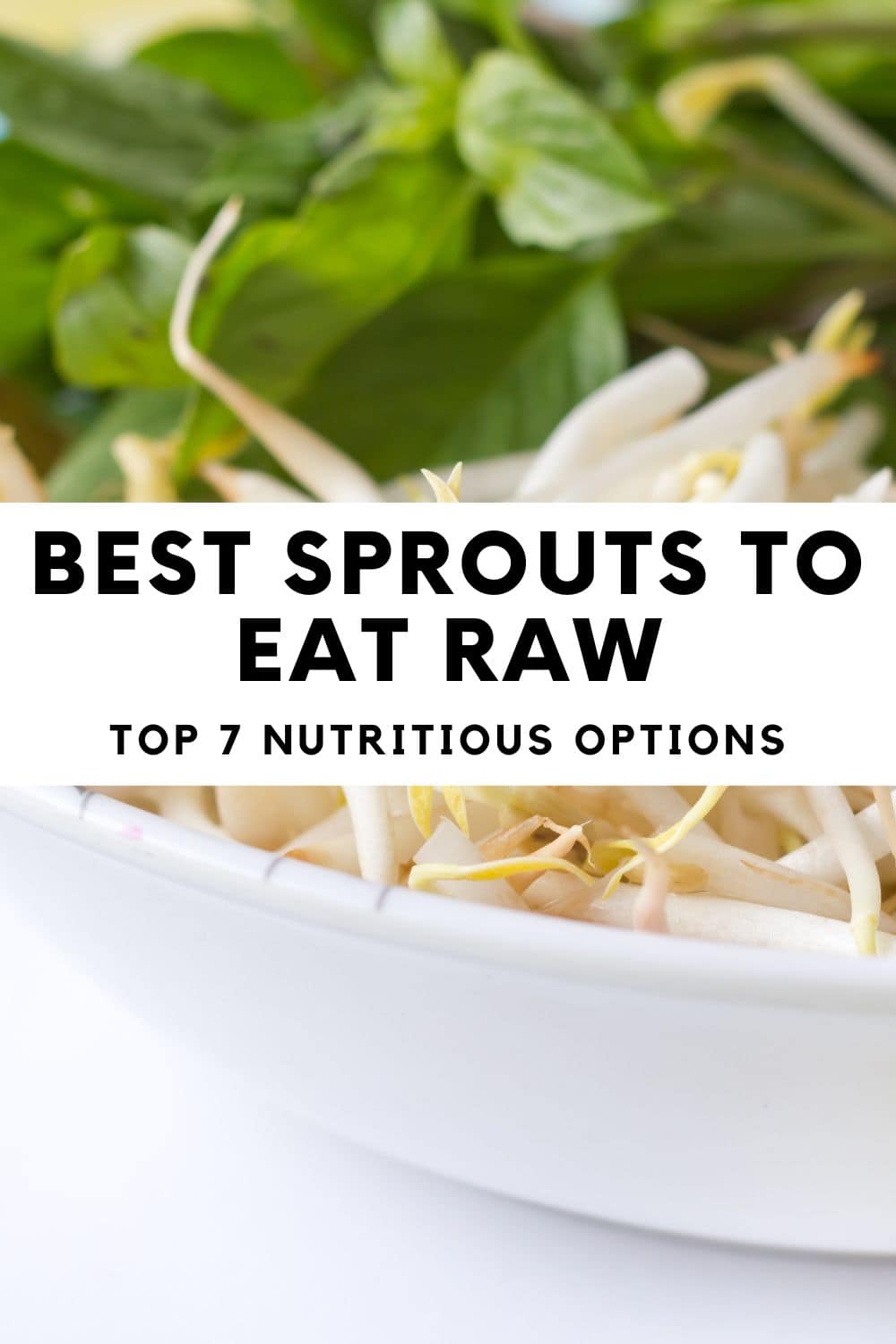
When it comes to choosing the best sprouts to eat raw, there are several options to consider. Some of the most popular types of sprouts include alfalfa, broccoli, mung bean, and radish sprouts. Each of these sprouts has its own unique flavor and texture, making them a versatile ingredient in salads, sandwiches, and wraps.
Jump to:
In addition to their delicious taste, sprouts are also incredibly nutritious. They are rich in vitamins and minerals, including vitamin C, vitamin K, folate, and potassium. Sprouts are also a great source of fiber and protein, making them a filling and satisfying addition to any meal. However, it's important to be aware of the risks of eating raw sprouts, as they can sometimes be contaminated with harmful bacteria.
Top Sprouts for Raw Consumption
Sprouts are an excellent source of nutrients, and they are easy to add to your diet. Here are some of the best sprouts to eat raw:
1. Alfalfa Sprouts
Alfalfa sprouts are a popular choice for salads and sandwiches for their mild flavor and crunchy texture. They are rich in vitamins and minerals, including vitamin C, vitamin K, copper, magnesium, and folate. They are also a good source of antioxidants.
2. Broccoli Sprouts
Broccoli sprouts are a type of sprout that is high in sulforaphane, a compound that has been linked to a reduced risk of cancer. They have a clean and mild, grassy flavor with earthy, peppery, and green nuances. Broccoli sprouts are also rich in fiber, protein, vitamins, minerals, polyphenols, glucosinolates, and isothiocyanates.
3. Clover Sprouts
Clover sprouts have a delicate and mild flavor with a crunchy texture when eaten raw. They are commonly added to sandwiches, salads, and wraps. They are a good source of protein, vitamins A, C, and K, as well as minerals such as iron, phosphorus, calcium, magnesium, and potassium.

4. Mung Bean Sprouts
Mung bean sprouts are a popular ingredient in Asian cuisine, including stir-fries, salads, spring rolls, and Asian noodle dishes. They have a slightly sweet taste and a crunchy texture. They are low in calories and fat, and high in protein, fiber, vitamins, and minerals, making them a nutritious addition to various dishes.
5. Lentil Sprouts
Lentil sprouts provide a satisfying crunch and a subtle nutty taste when eaten raw. They are frequently used in salads, sandwiches, and wraps. This type of sprouts is packed with protein, fiber, vitamins, and minerals, including folate, iron, and magnesium,
6. Green Peas
Green pea sprouts are crisp and mildly sweet when consumed raw, adding a refreshing crunch to salads, sandwiches, and wraps. They are rich in vitamins and minerals, including vitamin C, vitamin K, zinc, and folate. They are also a good source of protein.
7. Radish Sprouts
These sprouts are known for their peppery flavor, offering a zesty kick when consumed raw. With a crisp texture, they make a great addition to salads and sandwiches. These sprouts are a good source of B vitamins and nutrients, including vitamins A, C, and K, as well as folate and fiber.
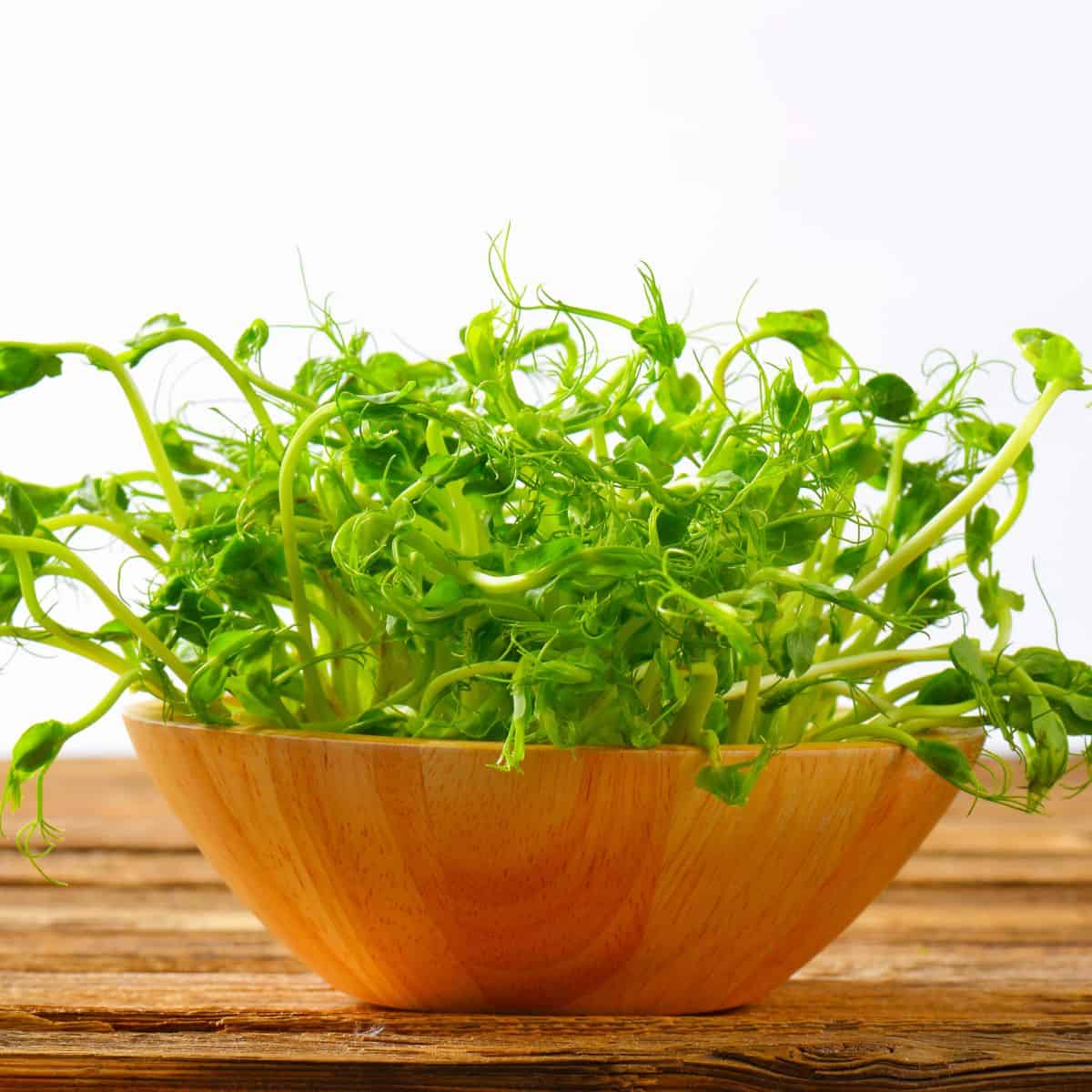
Health and Nutritional Benefits
When it comes to raw sprouts, there are many health and nutritional benefits to consider. Here are some of the key benefits of consuming raw sprouts:
Digestive Health
Raw sprouts are a great source of fiber, which is essential for maintaining a healthy digestive system. The fiber in sprouts can help prevent constipation and promote regular bowel movements. Additionally, sprouts contain enzymes that can help break down food and aid in digestion.
Heart Health
Incorporating raw sprouts into your diet offers a crucial source of folate, which is essential for supporting heart health. Folate aids in reducing the risks of stroke. Additionally, the low-calorie and low-fat nature of sprouts contributes to overall heart health promotion.
Immune System Support
Raw sprouts are a good source of vitamin C, which is important for immune system support. Vitamin C is an antioxidant that can help protect cells from damage caused by free radicals. Additionally, sprouts contain other vitamins and minerals, such as magnesium and manganese, which can help support overall health and well-being.
In summary, raw sprouts are a nutrient-dense food that can provide many health benefits. Whether you are looking to improve your digestive health, support your immune system, or manage your weight, incorporating raw sprouts into your diet can be a great way to achieve your health goals.
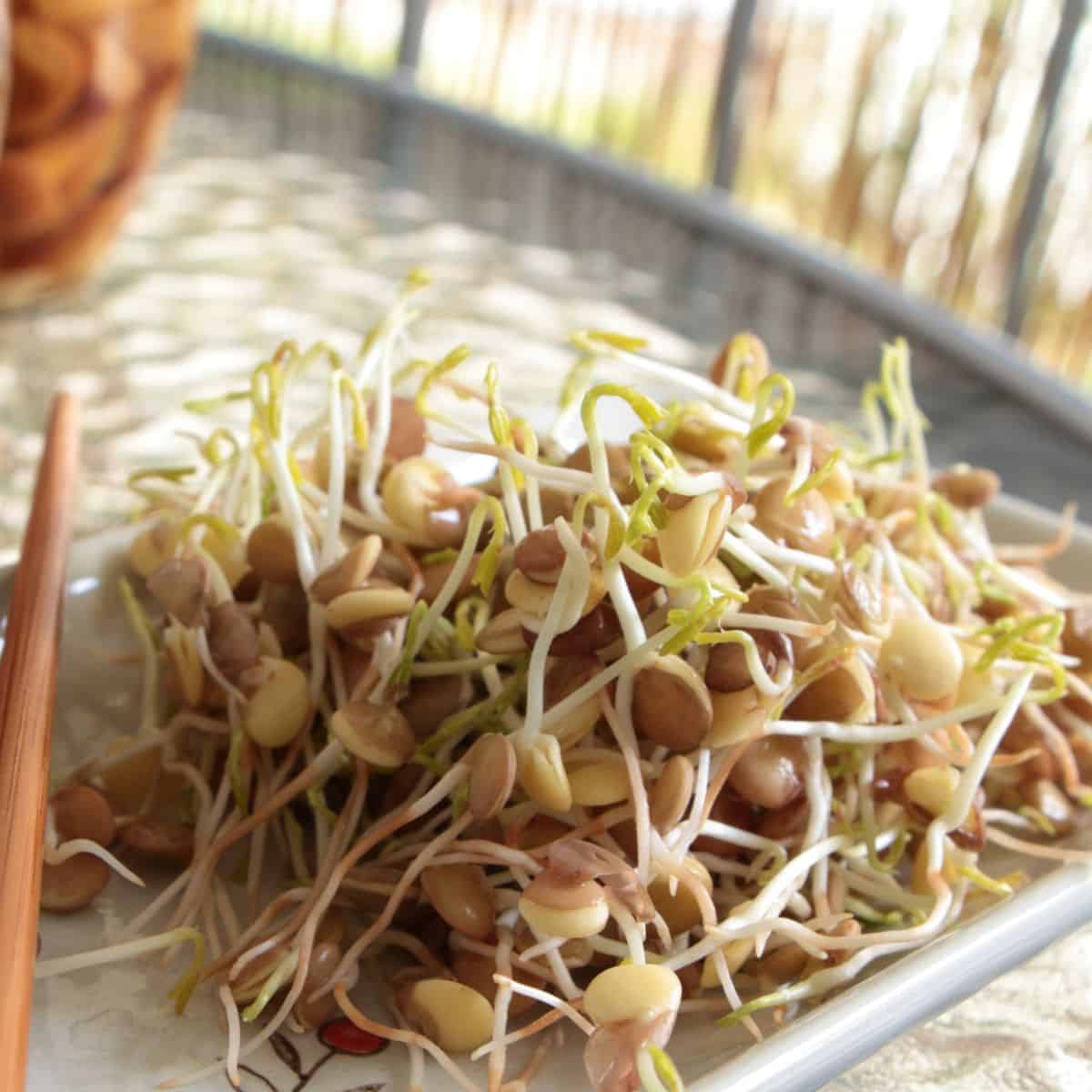
Risks of Eating Raw Sprouts
Sprouts are a great source of nutrients, but consuming raw sprouts can pose several risks to your health. Raw sprouts may contain harmful bacteria such as E. coli and Salmonella, which can cause food poisoning and other foodborne illnesses.
These bacteria thrive in warm and moist conditions, which are required during the germination process. The symptoms of food poisoning include diarrhea, stomach cramps, and vomiting, which usually start within 12-72 hours of consuming the sprouts. While these symptoms are generally self-limiting and easily manageable, they can be serious and potentially fatal in people with compromised immunity, such as young children, people with diabetes, and pregnant women.
Due to the increasing number of outbreaks of illnesses associated with the consumption of raw sprouts, the U.S. Food and Drug Administration (FDA) advises people to be aware of the risks associated with eating raw sprouts.
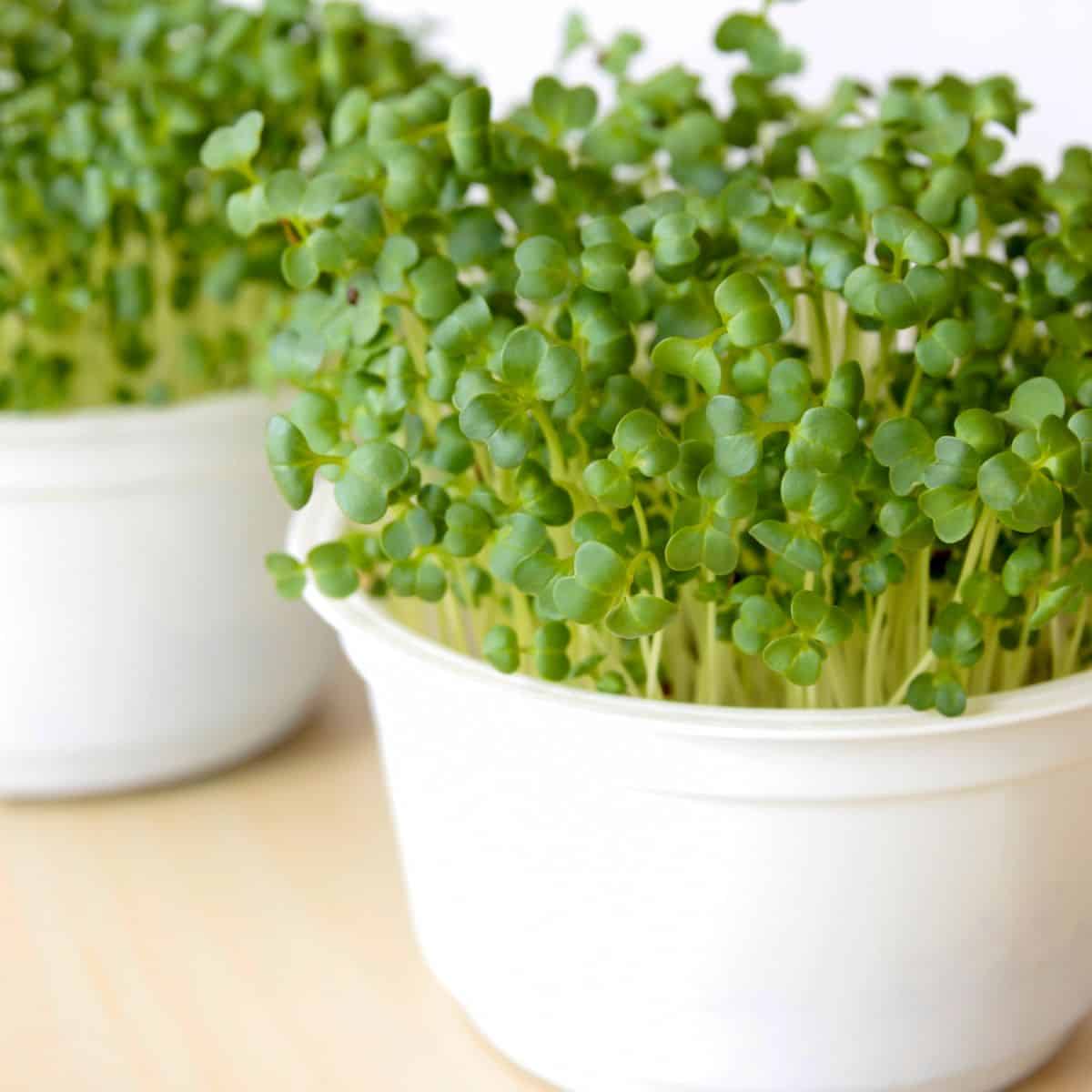
How to Avoid Getting Sick When Eating Sprouts
To reduce the risks associated with consuming raw sprouts, it is always good to cook them before eating. You may sauté your sprouts for 5-10 minutes with a little butter or oil in a pan before eating them. Alternatively, you can boil your sprouts with a little salt for about 10-15 minutes.
You can then have them as such or add a little lemon juice or your favorite seasonings. This will not only enhance the taste but also make sprouts safer and more easily digestible. Cooking is especially recommended for people with weak immunity
Besides cooking, you must also know how to get the best quality sprouts for you and your family. Always buy fresh sprouts that can be identified by their moisture, white roots, and crunchy feel. You must not buy sprouts if they are too smelly or slimy.
Proper Storage of Sprouts
After buying, store sprouts in the vegetable crisper of the refrigerator and use them as soon as possible. It is ideal to store them at temperatures below 48°F. You must wash your hands well before handling sprouts and rinse them well under cold water before cooking.















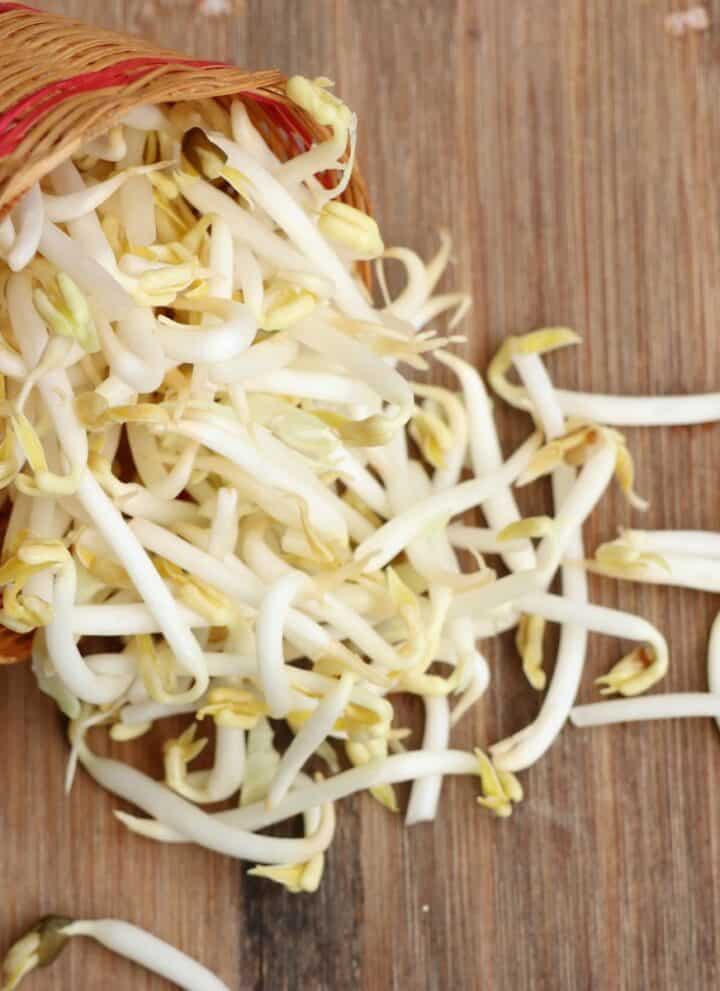
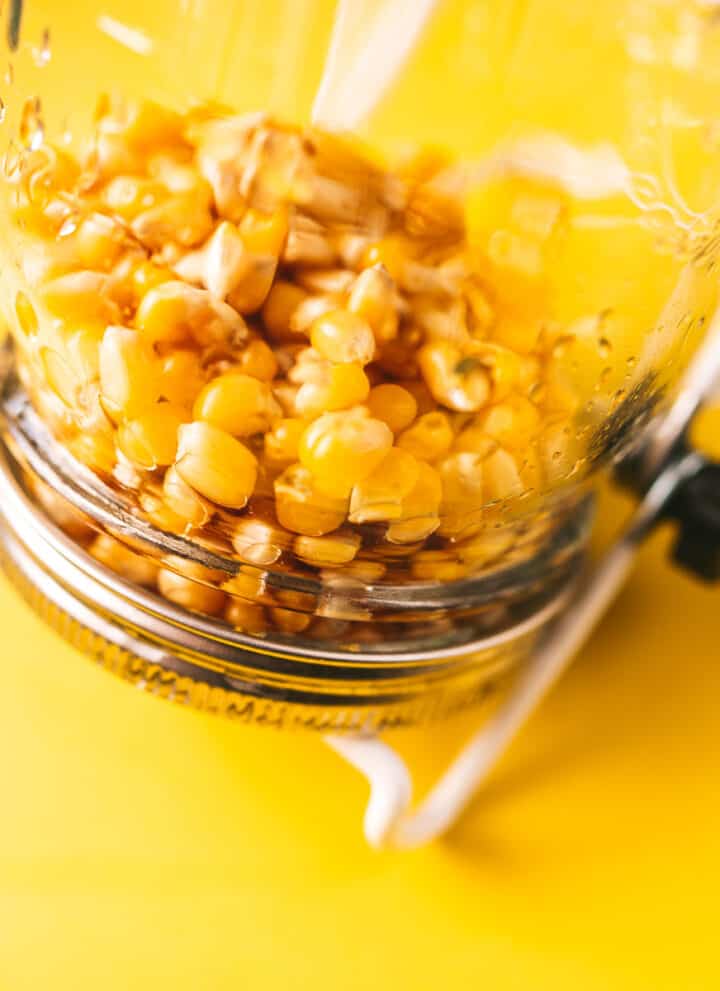
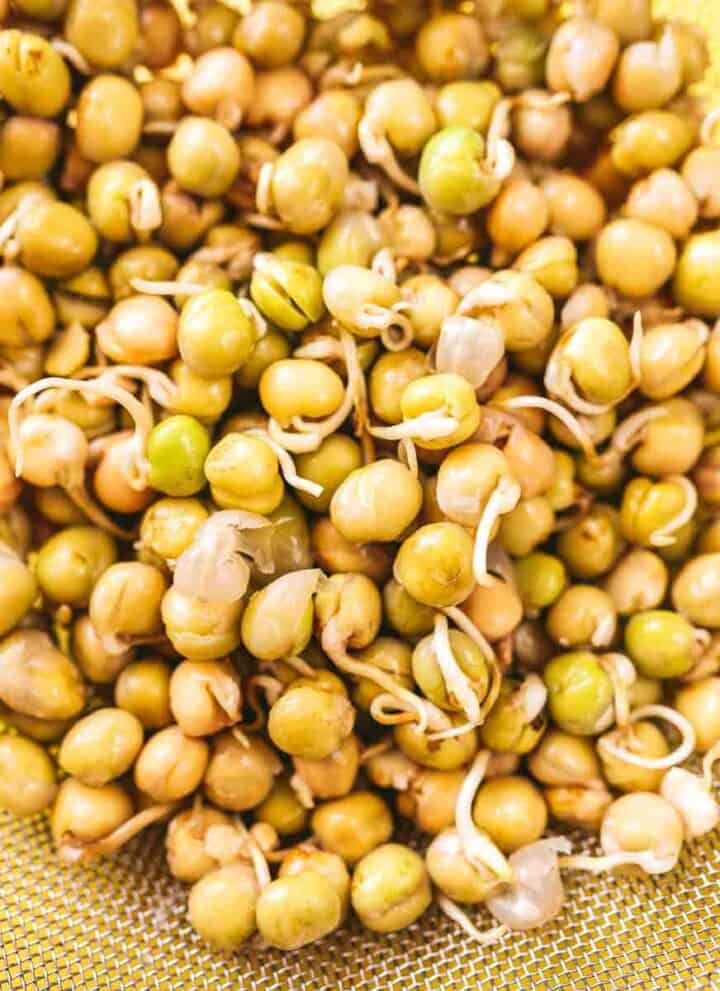
Comments
No Comments